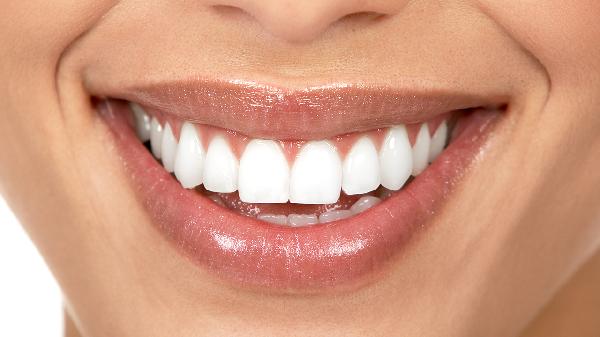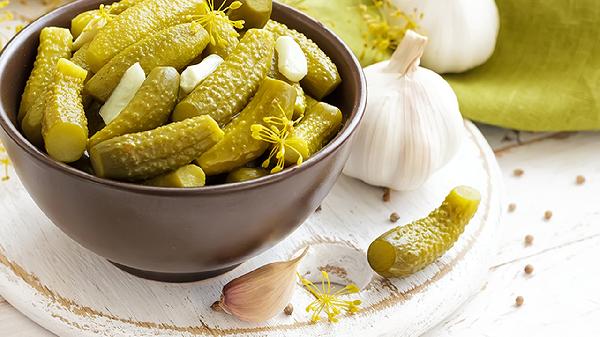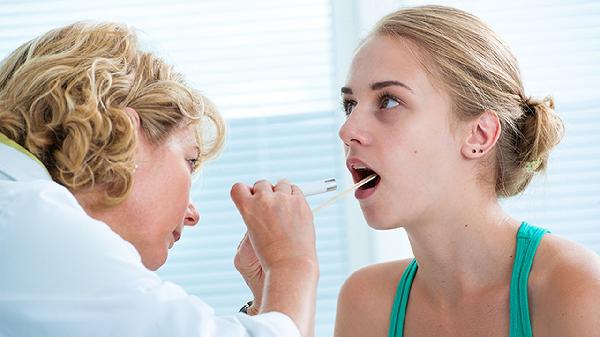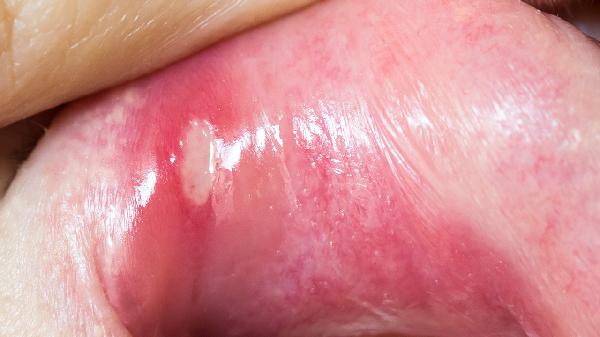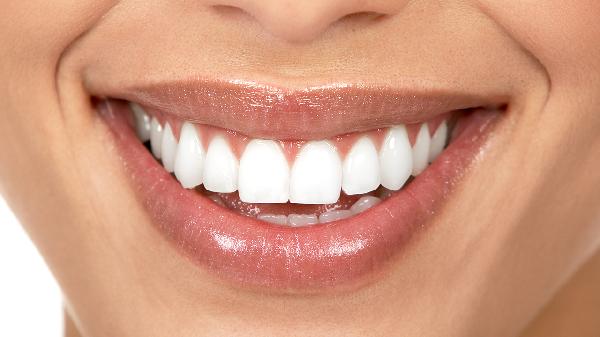Have you ever wondered why some people's teeth are as white as if they've been polished, while yours seem to have been "blessed" by coffee and red wine? So, you start frantically pursuing teeth whitening, wishing you could use ten whitening products every day. But did you know? Overdoing it with teeth whitening might actually harm your teeth. Today, let's talk about this topic and see how to make your teeth look brighter without damaging them.
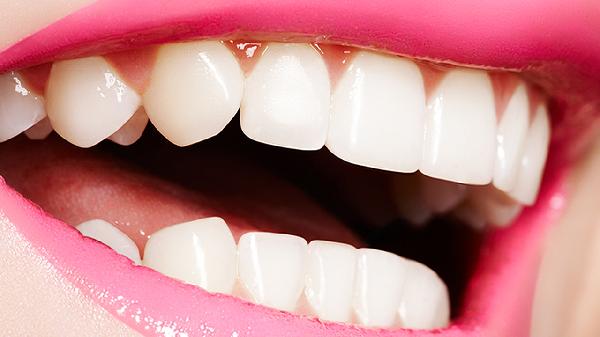
1. The Principle of Teeth Whitening
Teeth whitening essentially involves removing surface stains from your teeth through chemical or physical methods. Common whitening methods include whitening toothpaste, whitening strips, and laser whitening. While these methods can be effective, improper or excessive use can potentially harm your teeth.
2. The Dangers of Over-Whitening
Overusing whitening products, especially those with high concentrations of hydrogen peroxide, can lead to tooth sensitivity, gum irritation, and even enamel damage. Enamel is the outermost protective layer of your teeth. Once it's damaged, your teeth become more fragile and susceptible to external stimuli.
3. The Trouble with Tooth Sensitivity
Many people, in pursuit of quick whitening results, frequently use whitening products, only to find that their teeth become unusually sensitive when eating. This happens because the chemicals in whitening products can penetrate the dentin, irritating the tooth nerves and causing sensitivity.
4. Neglecting Gum Health
The chemicals in whitening products don't just affect your teeth; they can also irritate your gums. Long-term misuse of whitening products can lead to gum redness, bleeding, and even gingivitis.
5. Enamel Damage
Enamel is the protective layer of your teeth. Once it's damaged, your teeth become more vulnerable. Overusing whitening products, especially those with acidic ingredients, can erode the enamel, leading to tiny cracks on the tooth surface and increasing the risk of cavities.
6. The Right Way to Whiten
If you want to whiten your teeth, start by choosing safe and effective methods. It's recommended to undergo whitening treatments under the guidance of a professional dentist and avoid using unverified whitening products. Additionally, daily care is crucial, such as using fluoride toothpaste and getting regular dental cleanings.
7. Diet and Teeth Whitening
Your diet also plays a significant role in teeth whitening. Eating fiber-rich foods like apples and carrots can help clean the surface of your teeth. At the same time, reducing the intake of staining beverages like coffee and red wine can effectively prevent tooth discoloration.
8. The Importance of Regular Checkups
Regular dental checkups and cleanings not only help identify dental issues early but also allow for safe whitening treatments under professional guidance. Your dentist can recommend the most suitable whitening method based on your dental condition, avoiding the harm caused by over-whitening.
9. Secrets to Natural Whitening
Actually, natural teeth whitening doesn't require relying on chemical products. Maintaining good oral hygiene habits, such as brushing twice a day and using dental floss to clean between your teeth, can effectively remove surface stains and make your teeth look brighter.
10. Adjusting Your Expectations
Finally, we need to adjust our expectations for teeth whitening. Tooth color varies from person to person, and whiter isn't always better. Healthy teeth should have a slightly yellowish tint. Over-pursuing "Hollywood white" might backfire and harm your dental health.
In conclusion, while teeth whitening is important, health should always come first. Overdoing it with whitening might "hurt" your teeth, which isn't worth it. Choosing safe and effective whitening methods and maintaining good oral hygiene habits will keep your teeth both healthy and bright. Remember, teeth whitening is a long-term process; don't rush it, and take it slow to see lasting results.

